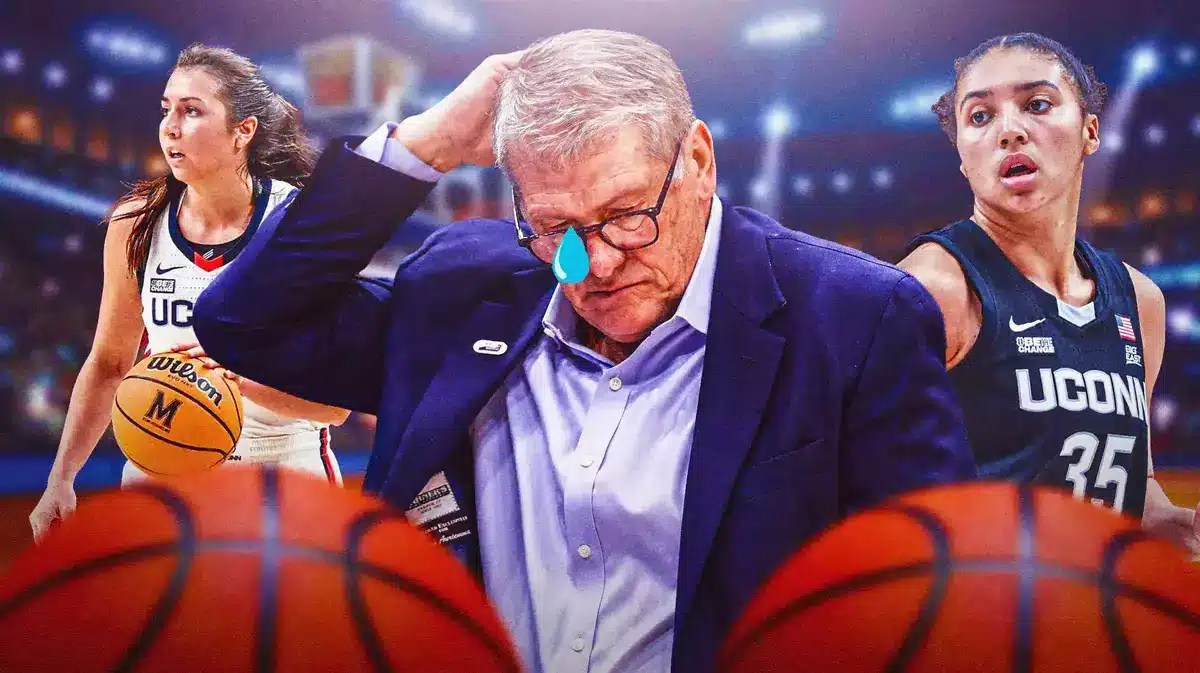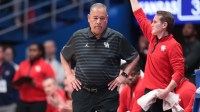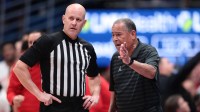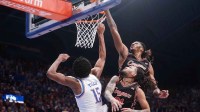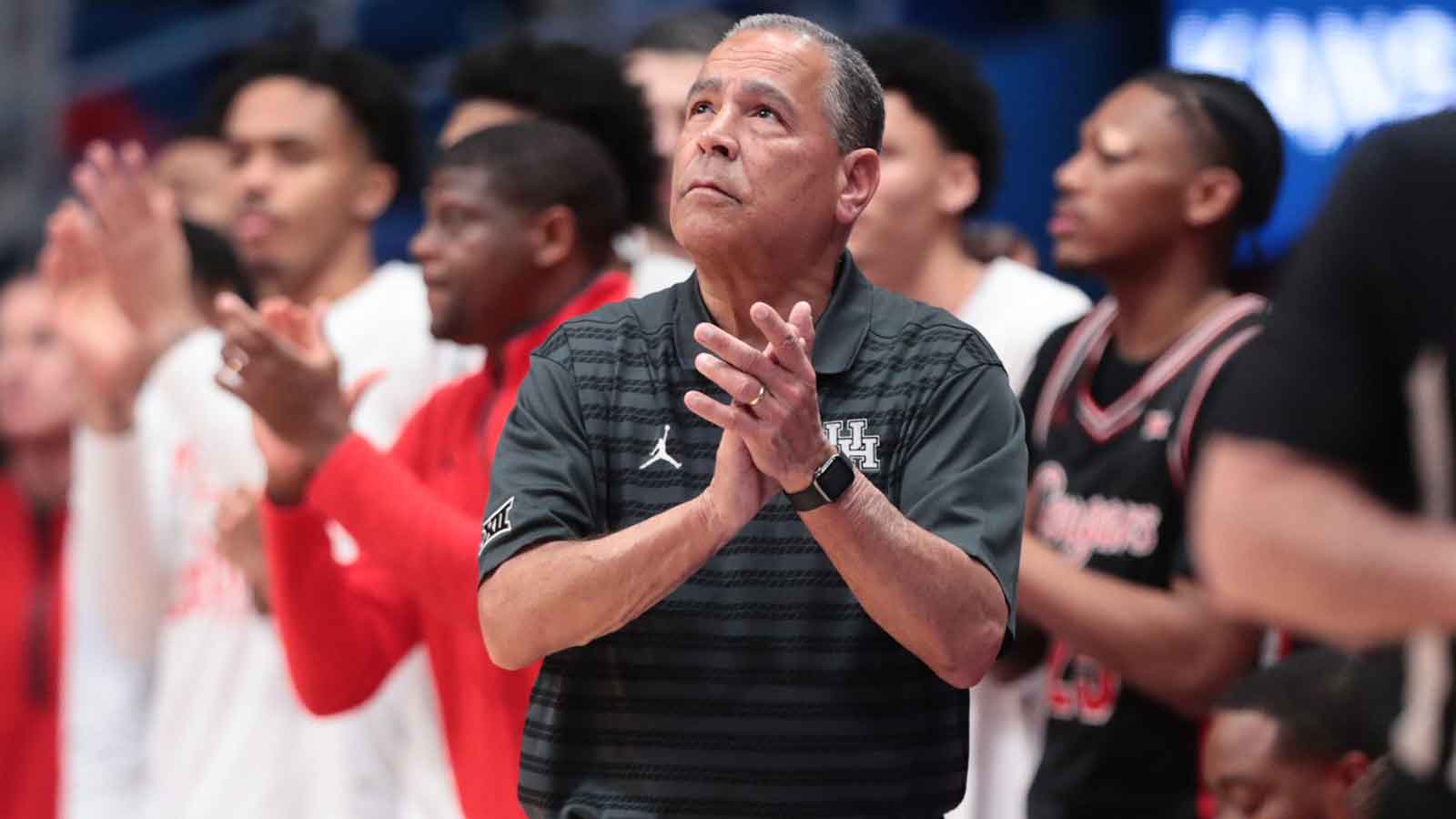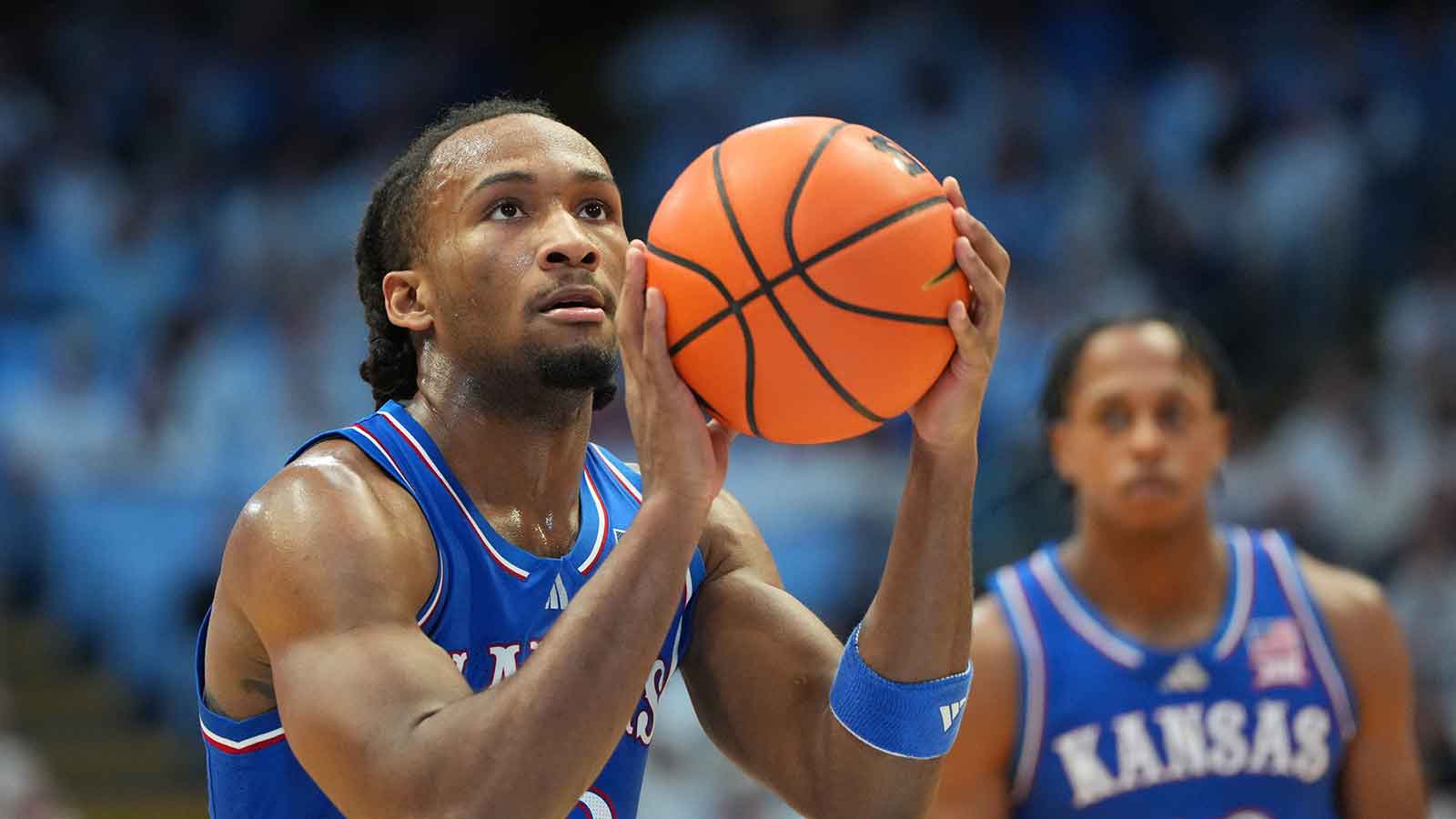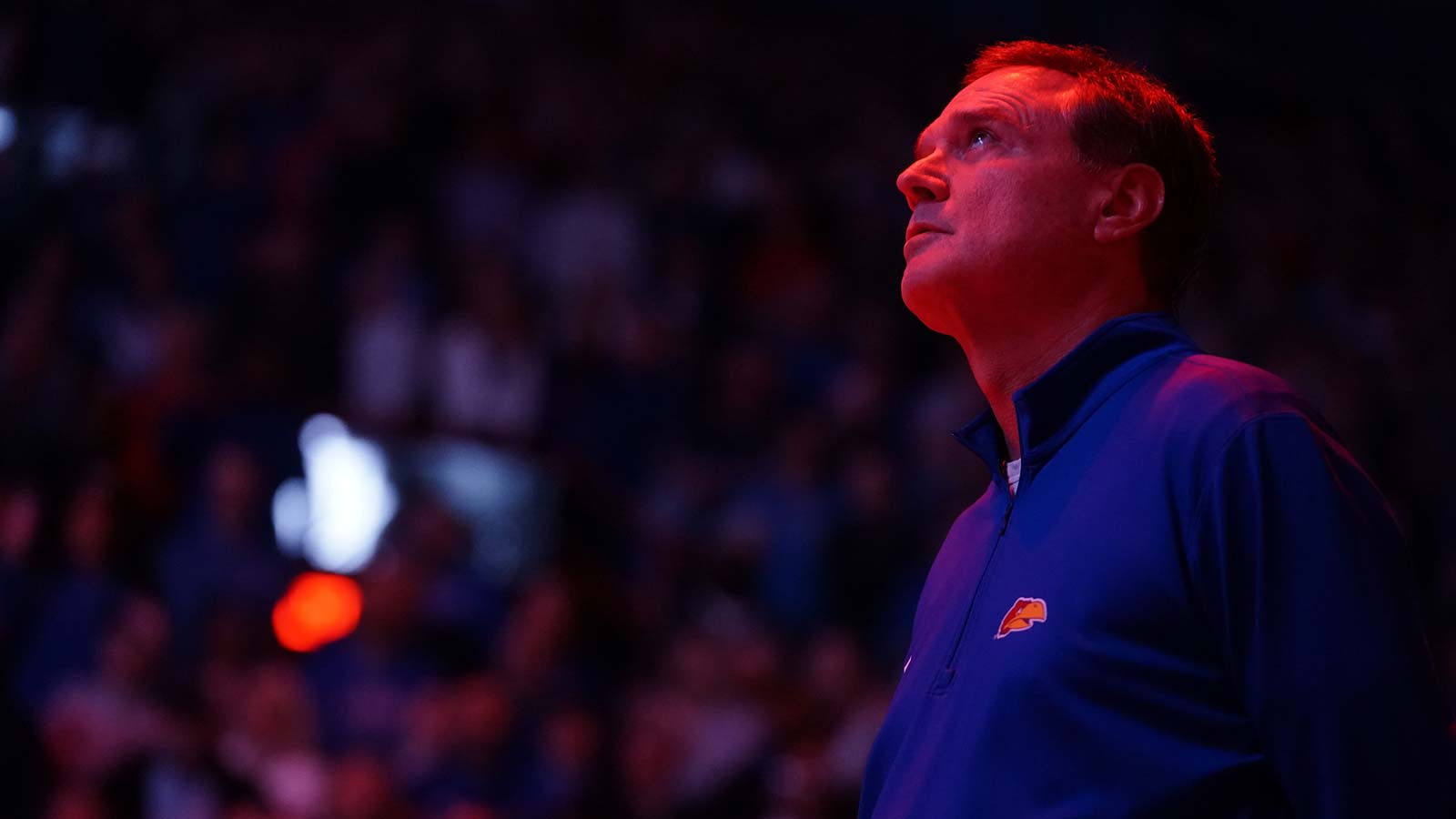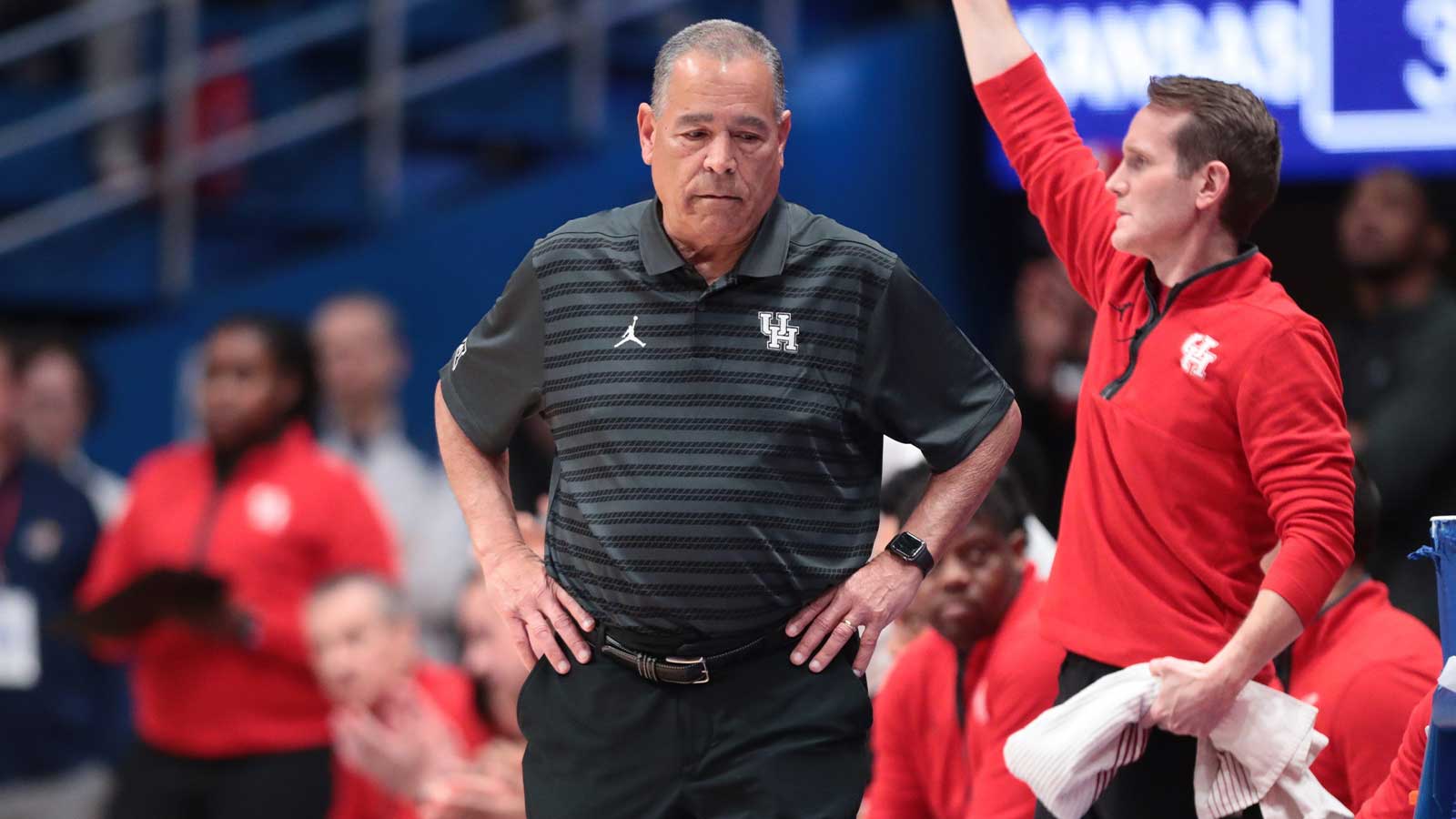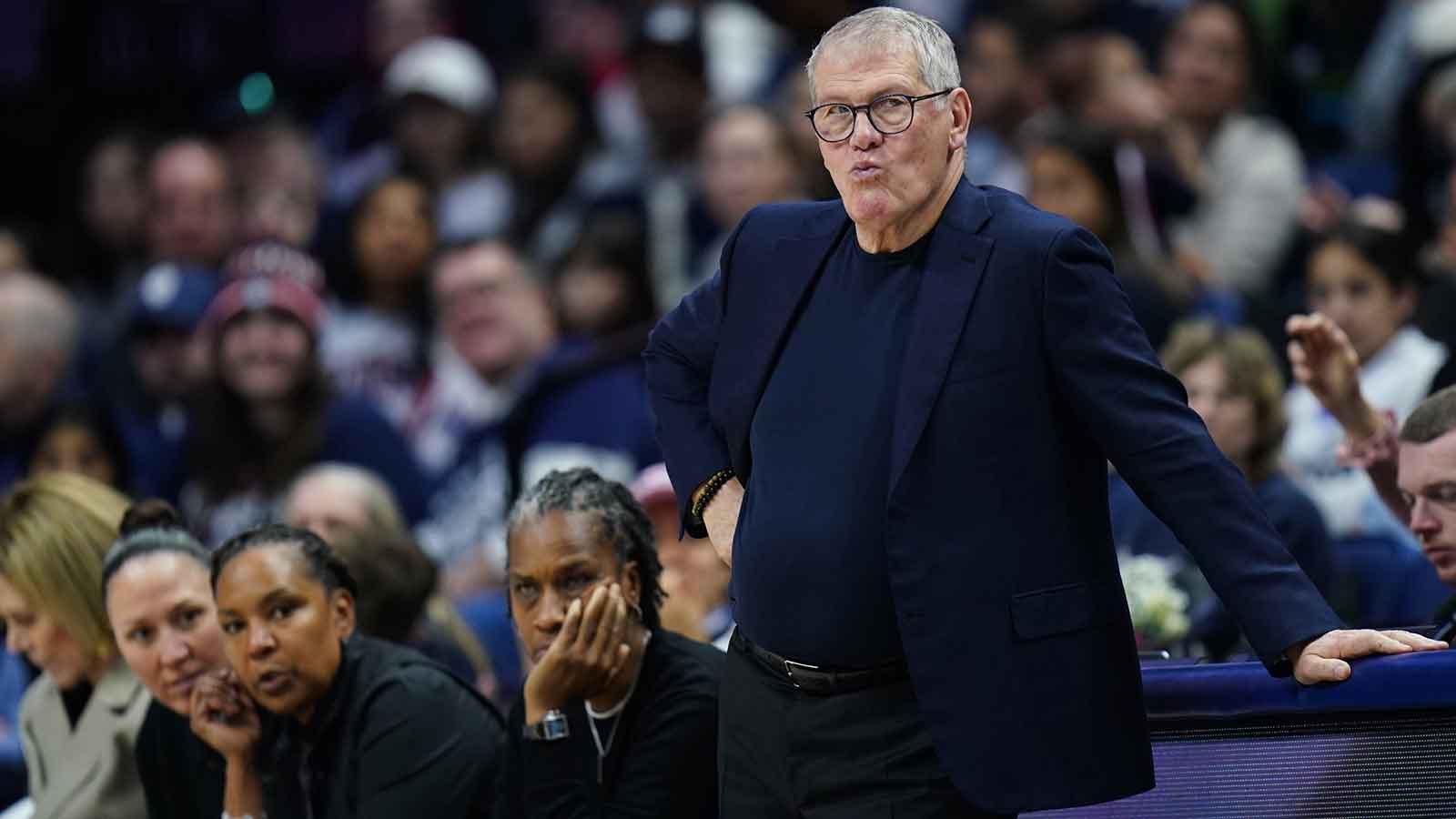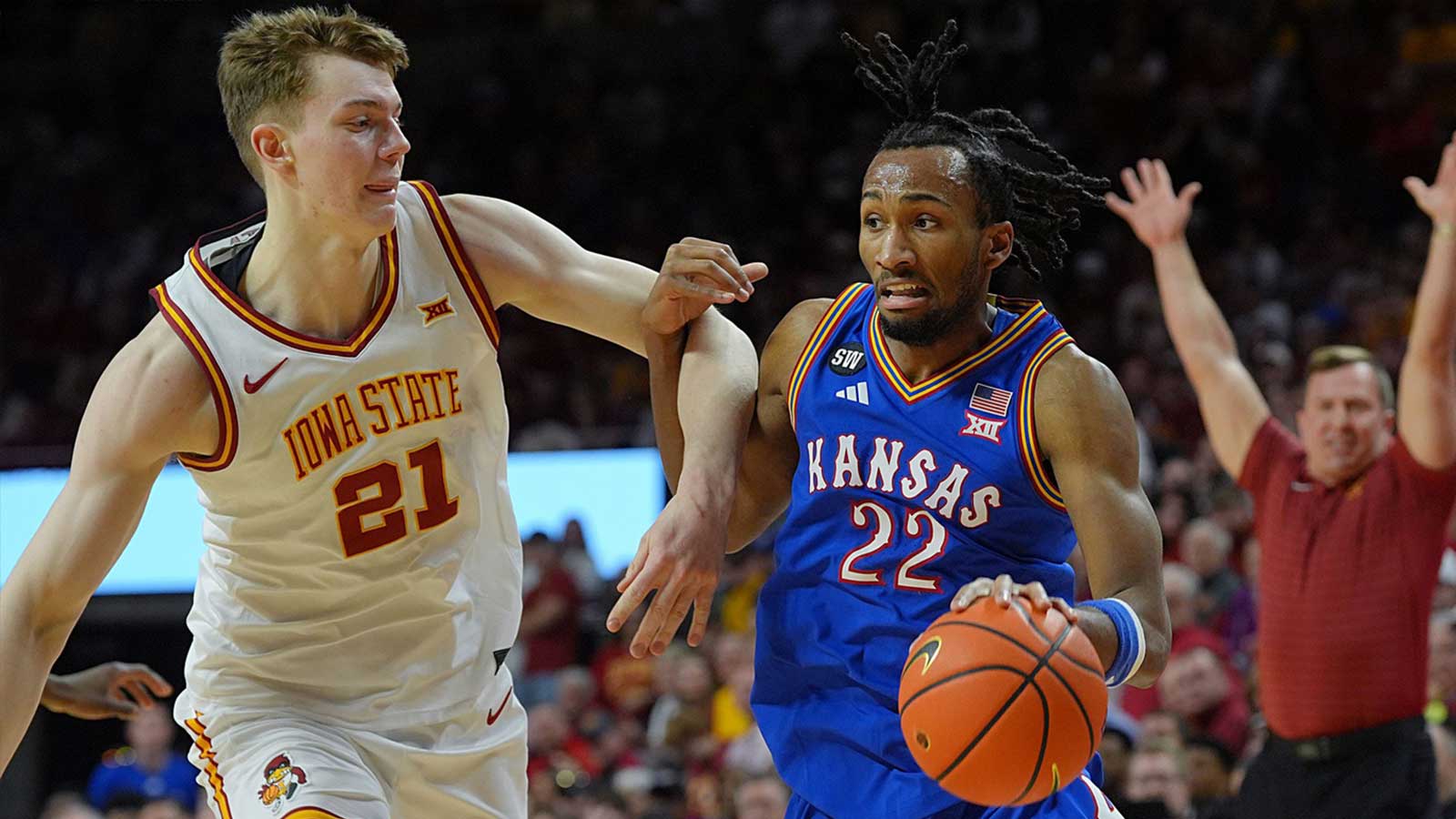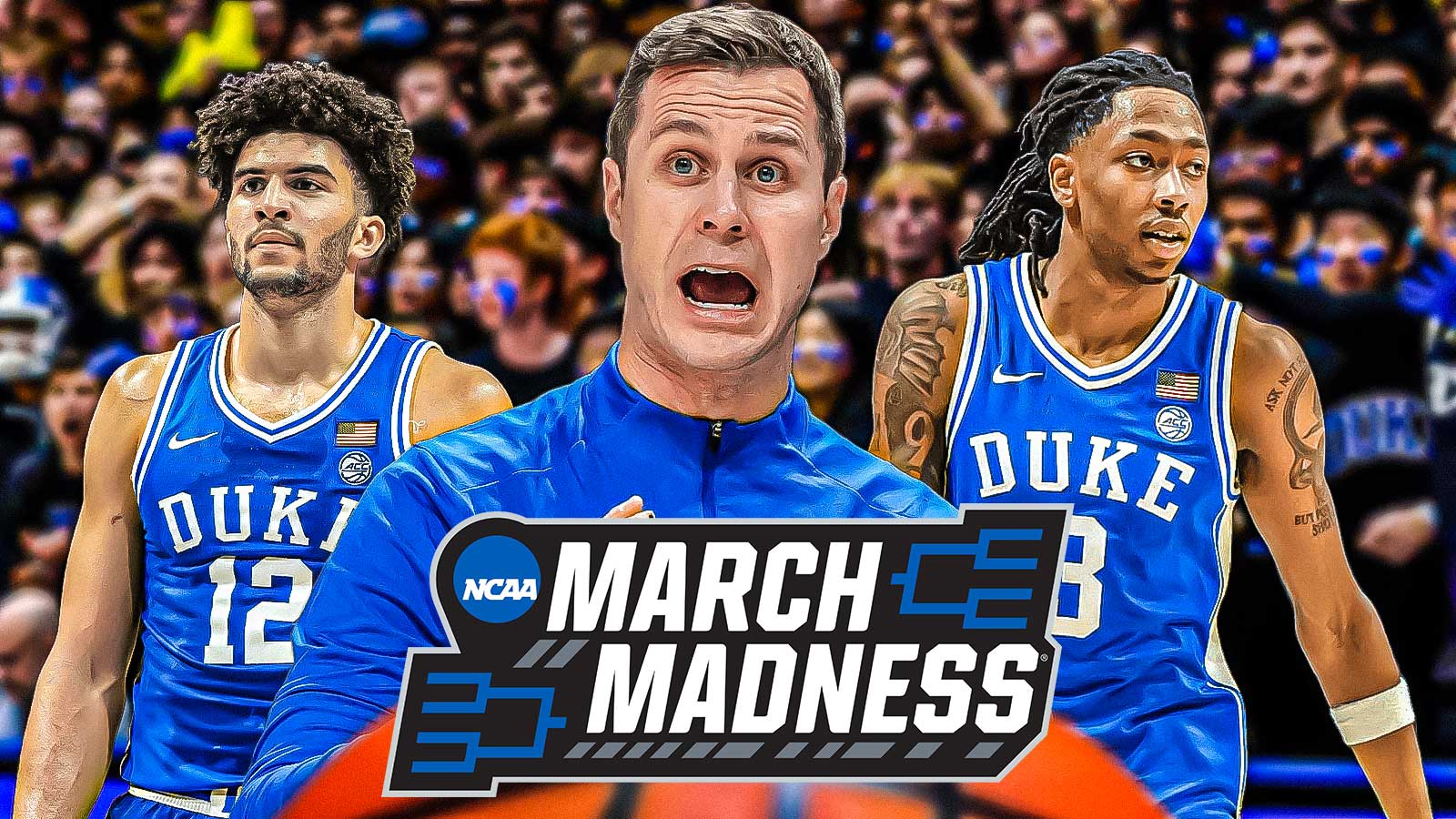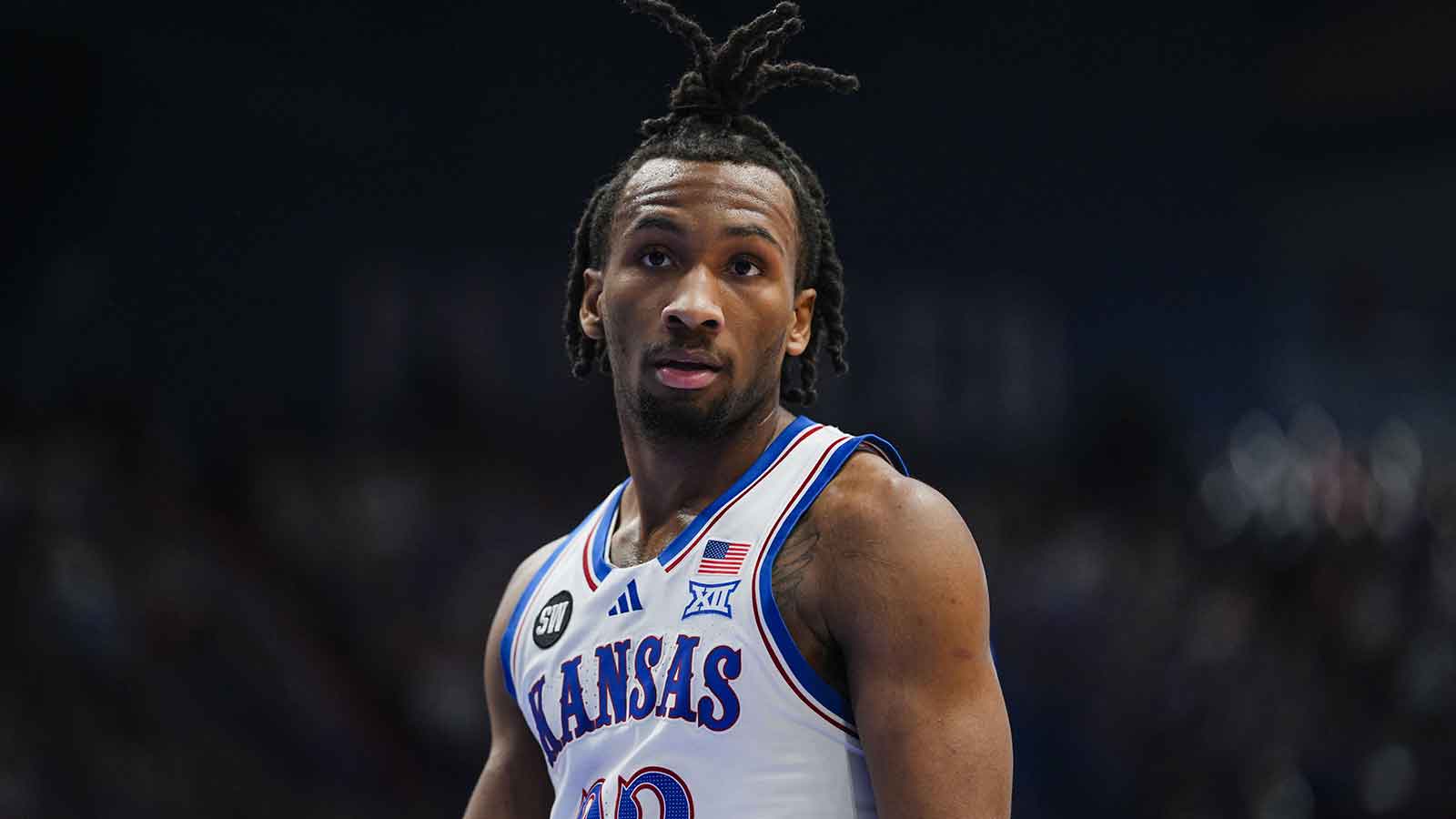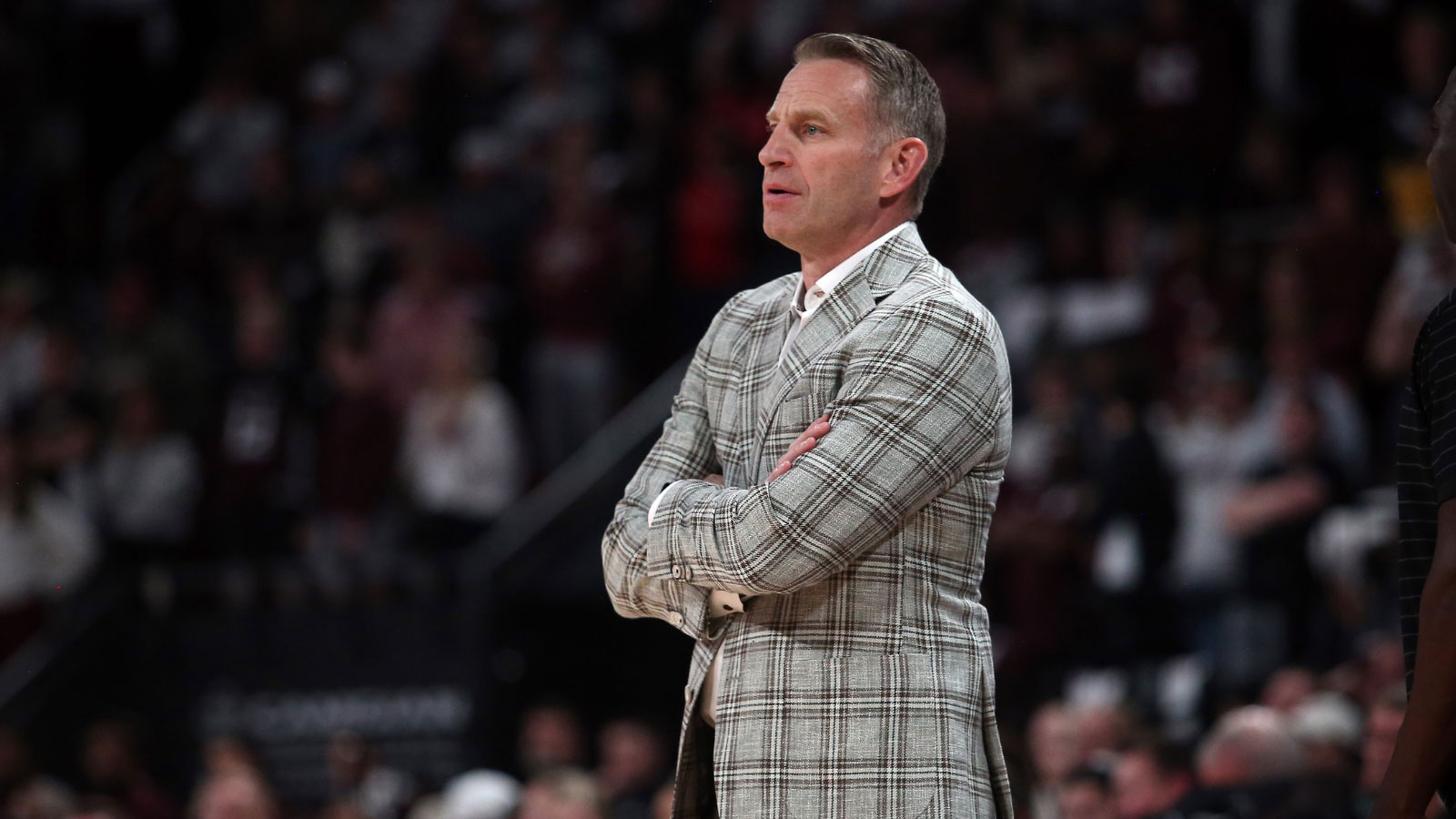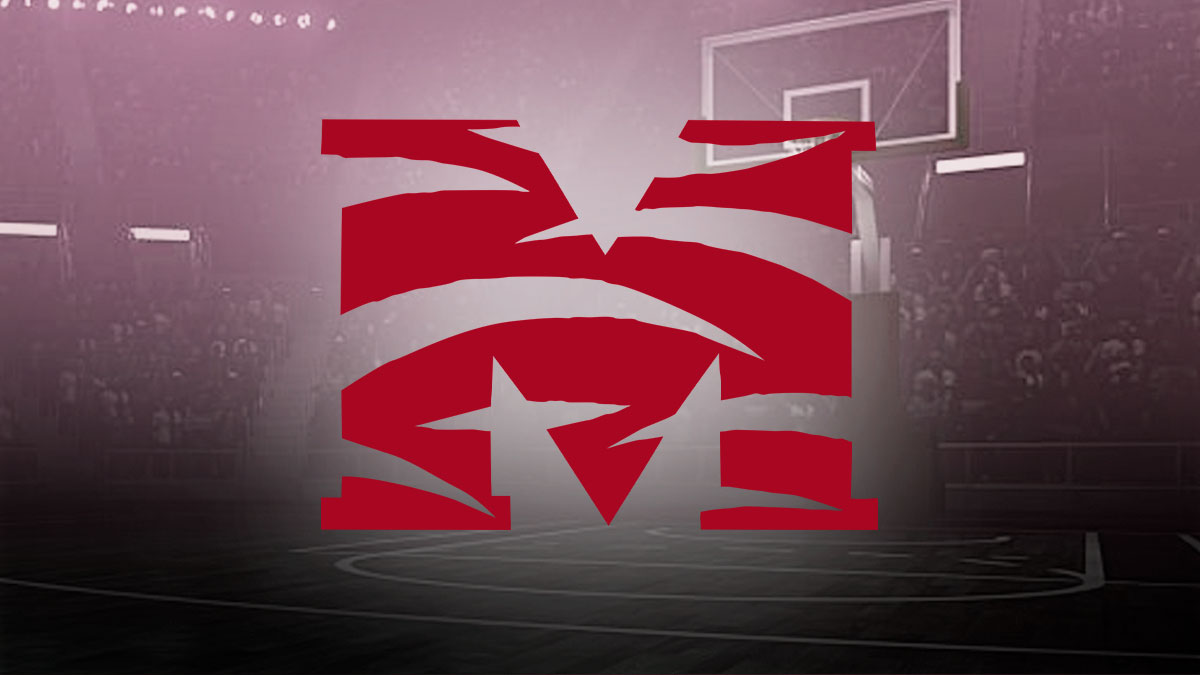This season, UConn women's basketball has faced an unprecedented series of challenges, including injuries to key players Azzi Fudd and Caroline Ducharme. These injuries and setbacks contributed to the team's plunge to No. 17 in the Associated Press poll, their lowest ranking in three decades. Currently, with a 5-3 record – the earliest the Huskies have suffered three losses in a season – questions arise about the team's direction.
High hopes were pinned on the 2023-24 season. UConn, ranked second in the preseason, anticipated a landmark year with the return of 2021 national player of the year, Paige Bueckers, following her ACL tear. The team's blend of seasoned veterans and promising newcomers suggested a robust bench, ready to reclaim UConn's glory.
However, less than ten days into the season, the narrative shifted dramatically. Fudd, a top recruit, suffered an ACL and meniscus tear. Soon after, Ducharme was sidelined indefinitely with neck spasms. This shift from optimism to frustration is palpable in Coach Geno Auriemma's words.
“When I sit there and I'm watching what's happening in some of the games, it just really burns me up knowing what it could have been and instead what it is,” coach Geno Auriemma said, as reported by Aleza Philippou of ESPN. “… It just kills me to watch us play sometimes with one hand behind our back, again.”
Auriemma likens coaching to assembling a puzzle. Initially content with the team's prospects despite missing Jana El Alfy and Ayanna Patterson, the subsequent injuries to Fudd and Ducharme have forced players into new roles, stifling the team's offensive flow.
Geno Auriemma reassembles the puzzle
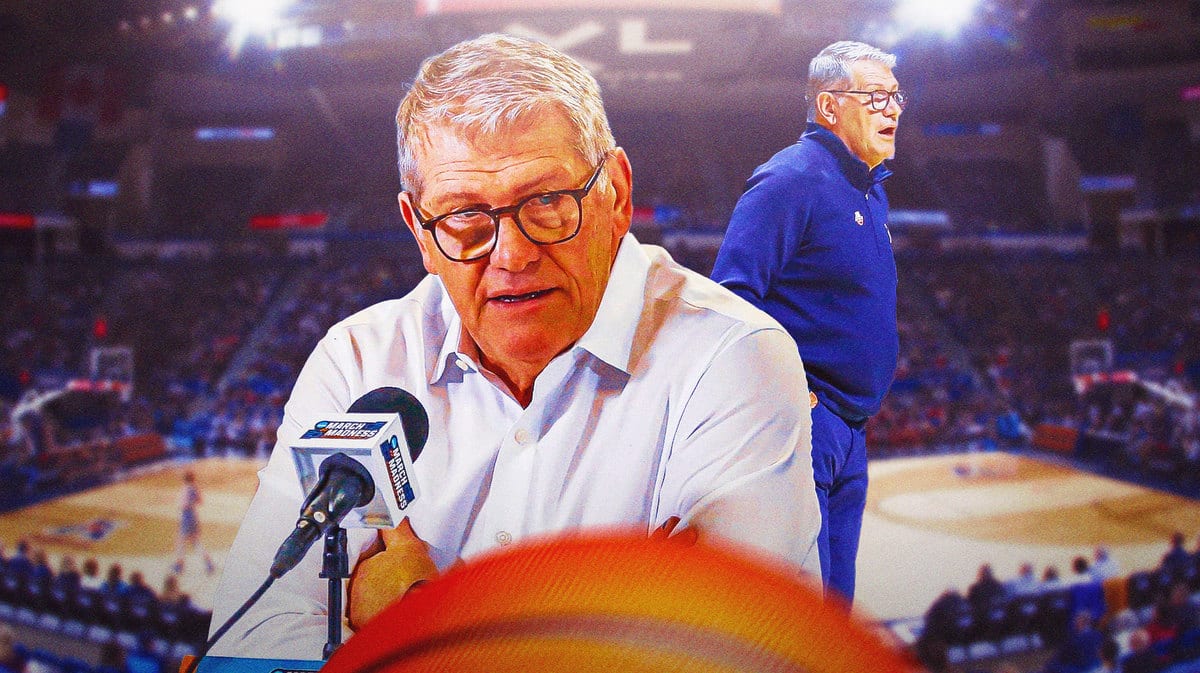
Despite these hurdles, the Huskies have faced top-tier competition. Their opponents boast a 78.1% win rate, the fourth-highest in Division I. UConn's rigorous schedule, including matchups against top-ranked teams outside Connecticut, offers some perspective on their struggles.
Looking ahead, UConn faces a tough path with games against notable teams like North Carolina, Louisville and South Carolina. Auriemma acknowledges the need for strategic adjustments, recognizing that “the puzzle that you were making doesn't work anymore.”
The team's current limitations, such as height and speed, won't change overnight. However, the potential return of Ducharme and Patterson could offer some relief. The focus now shifts to utilizing the current roster's strengths, improving defensively and fostering on-court chemistry.
Freshmen like Ashlynn Shade and Qadence Samuels have shown potential, particularly in outside shooting, a crucial aspect with Fudd and Ducharme absent. The development of players like Ice Brady will be vital for the frontcourt.
Bueckers, the center of the team's strategy, faces a pivotal moment in her career. Auriemma sees this as an opportunity for her to evolve as a leader and player, even as he wishes to shield her from too much pressure.
The past three seasons have possibly been the hardest of Auriemma's tenure. Yet, his track record of guiding teams to peak performance, evidenced by 22 Final Four appearances, suggests it's early to count out UConn. As long as Auriemma, Bueckers, and All-American Aaliyah Edwards are in play, the possibility of a remarkable turnaround remains a beacon of hope for a team unaccustomed to the underdog role.

